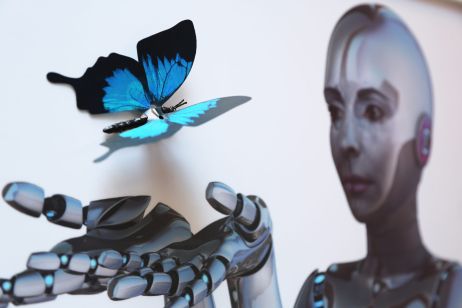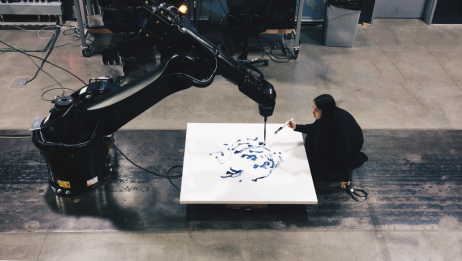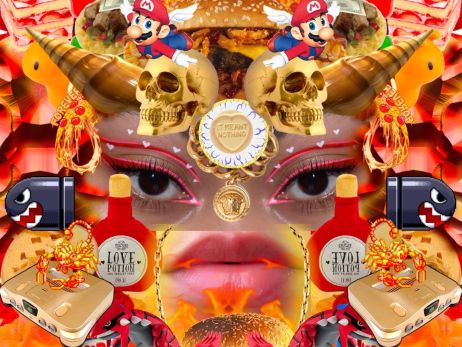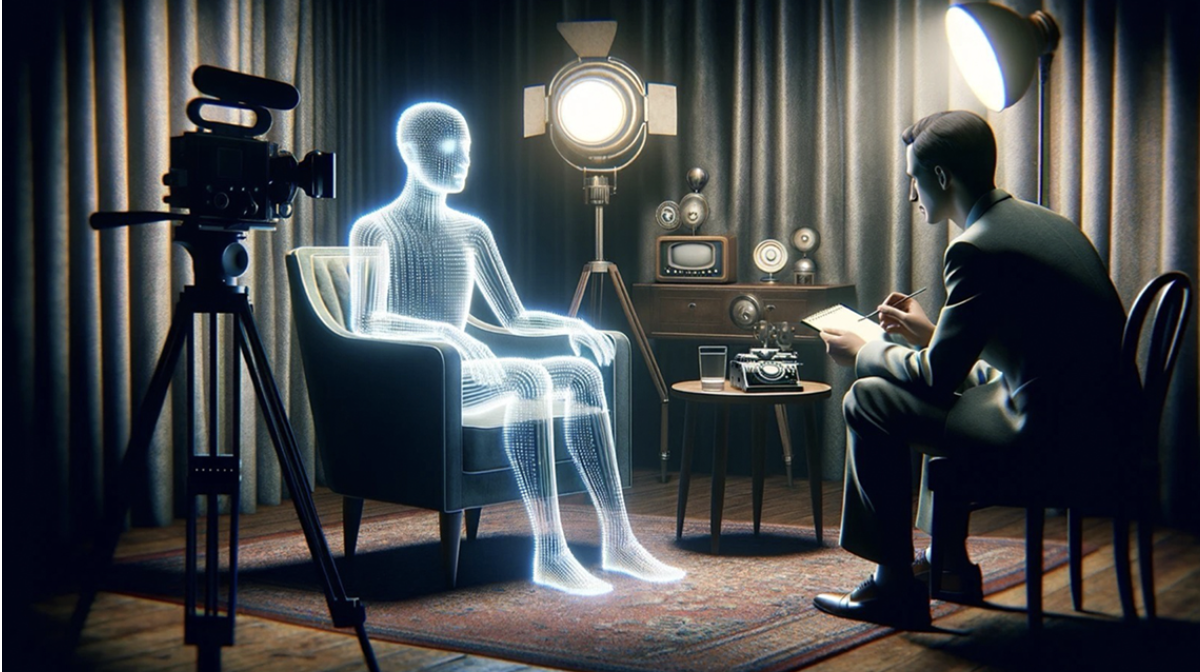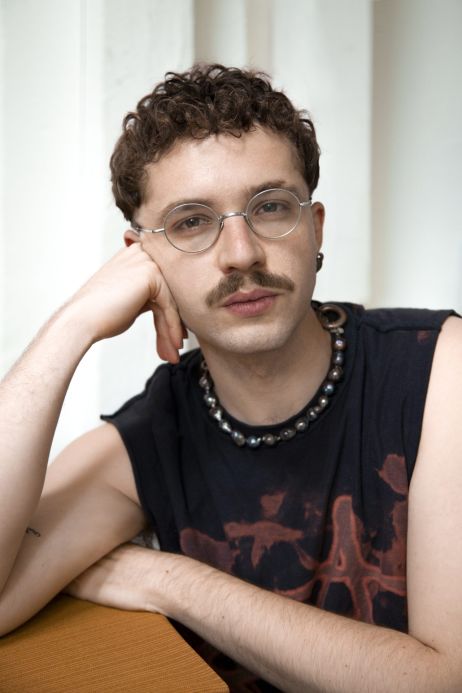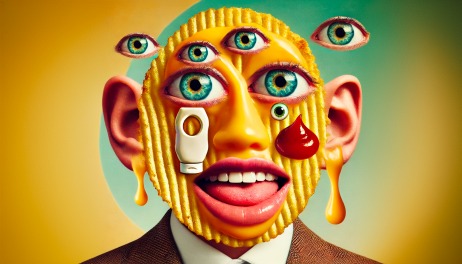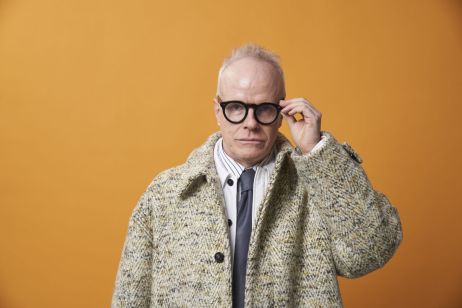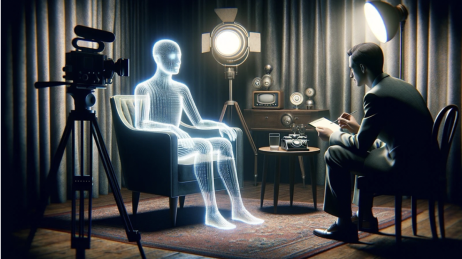Until December 15, Taipei brings together the very best of this generation of artists for whom algorithms have replaced paintbrushes. It’s a singularity that the Future Media FEST is determined to embrace, to the point of making this notion the main theme of its 2024 edition.
“Technological singularity, as imagined by mathematician and computer scientist Vernor Vinge in 1993, refers to a pivotal moment when artificial intelligence eclipses human intelligence”. With these words, C-Lab, organizer of the Taiwanese event, announces this edition of the Future Media FEST. At the intersection of art, digital technology and science, the festival offers an ambitious celebration of technological, human and creative singularity. With a common thread: what if what has been heralded as a tragedy actually signals the renewal of creative practice?
Anticipating this theoretical moment when machines will surpass human intelligence, the event itself plunges headlong into practice. This is reflected in the works presented at the festival, where artificial intelligence becomes a collaborator, a co-creator, transforming the usual codes of artistic creation and challenging artists. From visual works generated by algorithms to interactive installations where spectators can influence the course of the experience, Future Media FEST gives pride of place to these forms of hybrid art, impressive to the eye but just as influential on the brain, amply stimulated by this autumn’s programming.
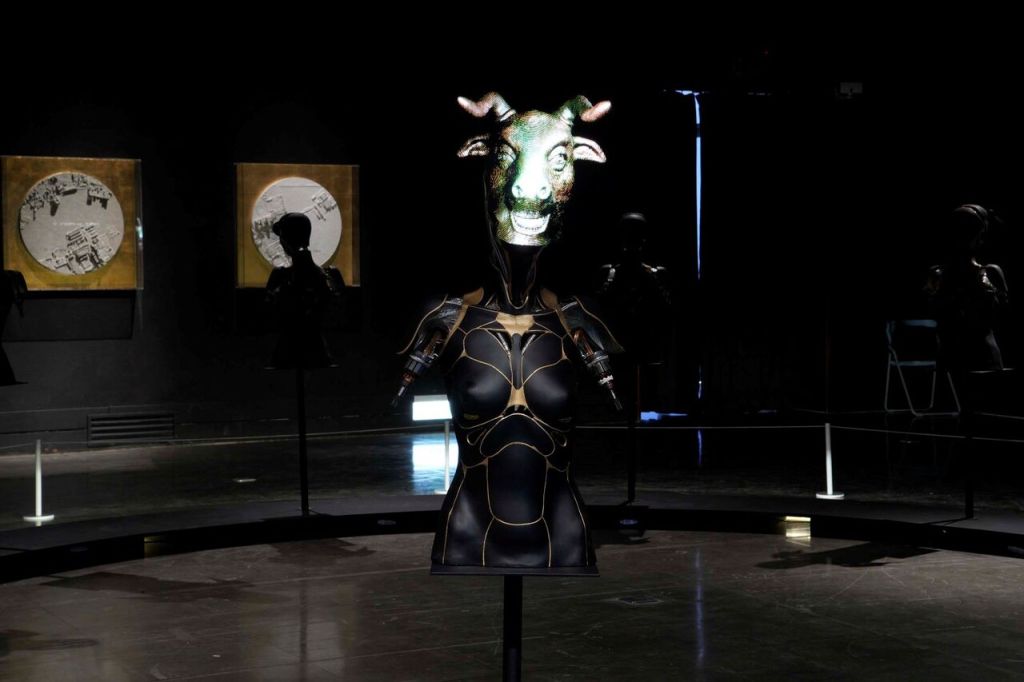
What will happen tomorrow?
Twenty-six captivating works by twenty-three groups of artists from nine countries – Louis-Philippe Rondeau (Canada), Lu Yang (China), Kim Ayoung (South Korea), Anke Schiemann (Germany) and YUAN Goang-Ming and HUANG Zan-Lun from Taiwan – offer a glimpse into unexplored creative territories, redefining the way we interact with visual and audio narratives. Far more than a simple exhibition of digital works, this meeting is distinguished by its in-depth exploration of the latest technological advances, from virtual reality to augmented reality, via AI, applied here to the visual arts. Live performances, interactive exhibitions and VR experiences challenge our perceptions of reality, and raise questions about how immersive technologies are changing not only the art world, but also the way we receive and interpret works of art.
In this sense, the FMF is a genuine invitation to reflection. In addition to the exhibition spaces, there will be a program of conferences and discussion forums, where experts from all over the world will be invited to discuss the latest advances in the fields of audiovisual and human/machine relations. Topics covered include the growing role of AI in artistic creation – particularly in music – the new frontiers of immersive storytelling, and the impact of XR technologies on traditional media. For where some see mere technical prowess, the FMF goes further and questions the philosophical, ethical and artistic implications of this vast notion of singularity. Not forgetting, and this is the intelligence of the Taiwanese event, to propose a far more optimistic vision of an often dystopian future.
- Future Media FEST, until 15.10, Taipei, Taiwan.
